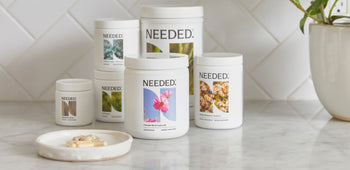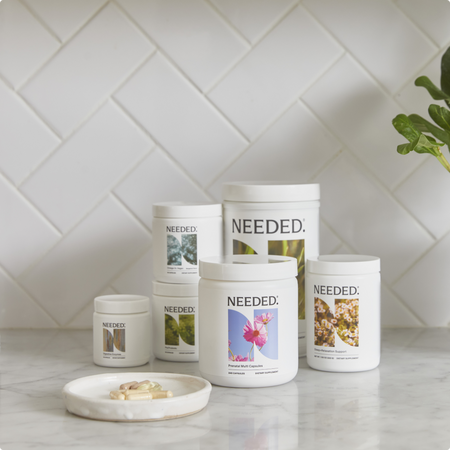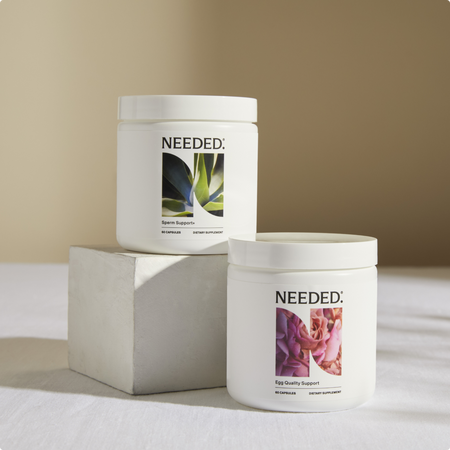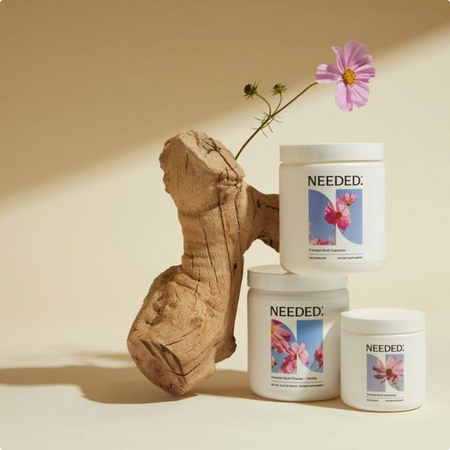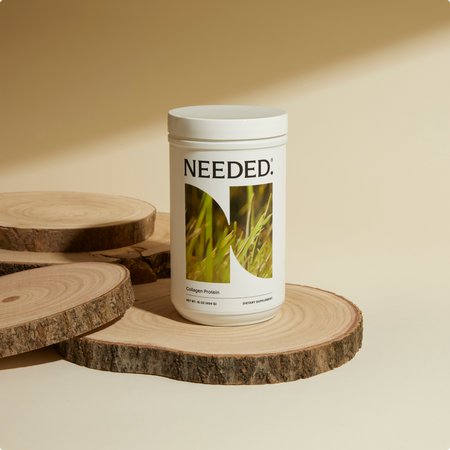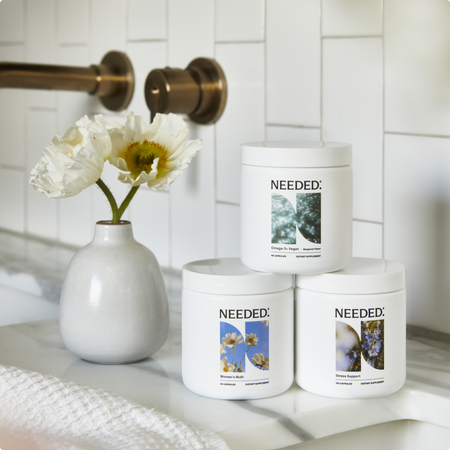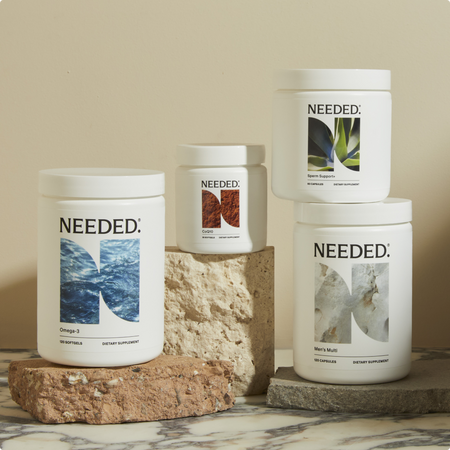In a recent podcast interview, pop star Chappell Roan sparked a wave of conversation by speaking candidly about motherhood. She shared that many of her friends with young children seem deeply unhappy, exhausted, overwhelmed, and as she put it, “in hell.” Her honesty drew both praise and backlash, but for many mothers, her words rang painfully true.
It’s not that motherhood itself is the problem. It’s the world we’re expected to mother in.
Because if you’re a mom in 2025, chances are you’ve felt this. You’ve been pulled in a million directions, racing between drop-offs, work calls, and errands, all while caring for others and forgetting your own body and needs. When things finally slow down and you catch a glimpse of yourself in the mirror, you wonder: Is it supposed to be this hard? Am I doing something wrong?
Instead of supporting us, society tells us to try harder. That we should do it all alone, that asking for help means we’re weak. That suffering in silence is a badge of honor. And when we reach our breaking point, the wellness world swoops in with “solutions”: a new meal plan, a trendy app, a set of food rules that promise to fix us. If only we had more willpower.
But I need you to know: it’s not you. It was never you.
We live in a society that shames kids in public spaces, underfunds maternal healthcare and child care, provides no federally mandated parental leave, and leaves mothers stretched to their limits with little support. A society that tells us we should be grateful, glowing, and back in our jeans six weeks postpartum, while doing it all with a smile. And don’t forget you also need to get back to work ASAP.
As a registered dietitian who’s worked with countless mothers. New moms, working moms, single moms, abuelas, tías, madrinas. I see the same patterns repeat again and again: guilt, burnout, and self-blame. Not because we aren’t trying, but because we’re trying to meet expectations that were never made with us in mind. Especially not Latina mothers.
Latinas are often told that our traditional foods like arroz, tortillas, tamales, pupusas, are “bad” or “unhealthy.” We’re told that if we want to be good moms, we need to control our bodies, meal prep endlessly, and somehow enjoy every second of it. The message is clear: health means shrinking. Our bodies, our appetites, our needs.
But what if health could mean something else entirely?
That’s why I wrote The Latina Anti-Diet. It’s part love letter, part rebellion. A book that says: our culture is not the problem; diet culture is. Our bodies are not broken; the expectations placed on them are. Our foods are not a barrier; they are a source of joy, heritage, and strength.
When I became a mother, I didn’t forget what I knew as a dietitian. But I learned, on a deeper level, just how much pressure mothers are under. The unrealistic standards. The lack of rest. The postpartum body changes no one prepares you for. The comments. There’s a constant demand to “bounce back” while barely holding it together.
Motherhood is already one of the most demanding jobs in the world — and yet, we’re expected to do it under the weight of diet culture. A culture that polices our grocery carts, critiques our lunchboxes, and scrutinizes our bodies, all while offering zero real help.
So, here’s what I want you to know:
1. Your body is not a problem to solve.
Your body created life, or it’s holding life together every day. Of course it has changed. You have changed. You don’t need to bounce back or go on a diet. You need care, sleep, hydration, and meals that fill you up and make you feel good. You deserve more than survival.
2. You don’t have to eat “perfectly” to be healthy.
There’s no such thing as perfect. Some days are arroz con pollo and ensalada. Some days are frozen pizza and cereal. Nutrition is cumulative. It’s about rhythm, not rules. Teach your kids that health is about adding care, not taking things away.
3. Your cultural foods are part of your wellness. Not a barrier to it.
I’ve had clients cry in my office because they thought they had to give up tortillas or white rice to be “healthy.” But our abuelas lived long, joyful lives on these foods. The problem isn’t the food; it’s the shame that’s been attached to it. Our food is connection, celebration, and love. That matters.
4. Your mental health matters.
If you’re skipping meals, obsessing over ingredients, or feeling guilty after eating, that’s not wellness, that’s stress. And stress impacts your health far more than any food ever will. Give yourself permission to eat, to rest, to enjoy food again.
5. You are allowed to take up space.
In your home. At your table. In your body. Our culture teaches mothers to shrink both physically and emotionally. But what if the most powerful thing you can do for your children is show them what it looks like to care for yourself unapologetically?
The Latina Anti-Diet isn’t just about nutrition. It’s about reclaiming your power. Coming home to yourself. Remembering that wellness doesn’t have to mean restriction — it can look like shared meals, afternoon naps, belly laughs, and food that fills your soul.
I know it’s hard to tune out the noise; the mom groups, the influencers, the doctor who comments on your toddler’s weight. But you don’t have to follow their rules. You can write your own.
And if you need help doing that, there are many of us here to help. Not with judgment. Not with shame. But with deep love and belief in your worth, exactly as you are.
Because you were never broken. And you don’t need a “diet”.
You need support.
You need rest.
You need comida that brings you joy.
You need to be reminded: you’re already doing so much.
Let your nutrition be a source of energy, not another thing to battle with.
You’ve got this.
Dalina Soto, MA, RD, LDN, is a Philadelphia-based registered dietitian and the creator of Your Latina Nutritionist. In her groundbreaking book The Latina Anti-Diet, Soto calls out the ways diet culture and even intuitive eating have sidelined cultural foods and offers a fresh, joyful path back to self-trust and tradition. Through her CHULA method, she helps readers challenge food myths, honor their health, and reconnect with the arroz, habichuelas, and plátanos that nourish more than just the body.
